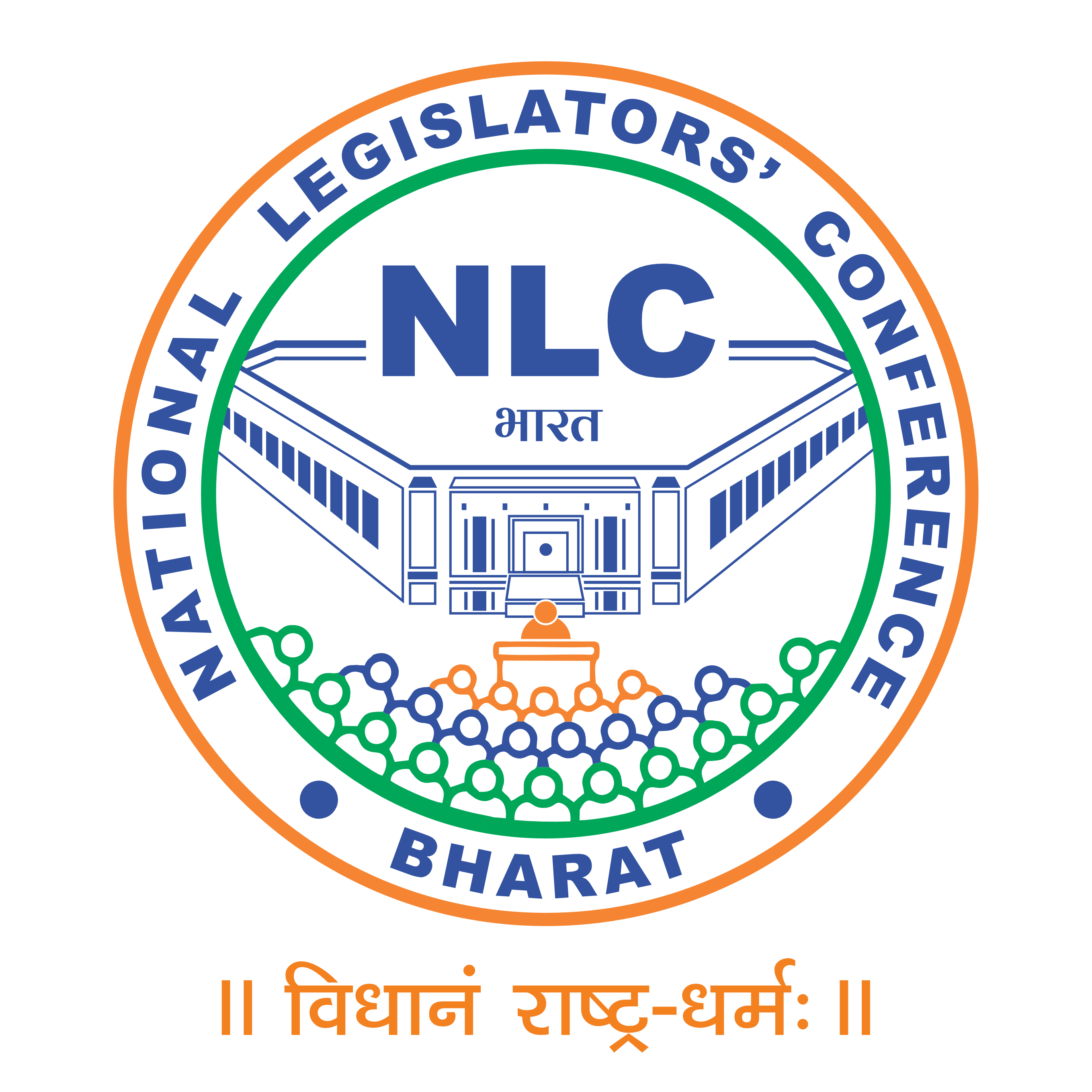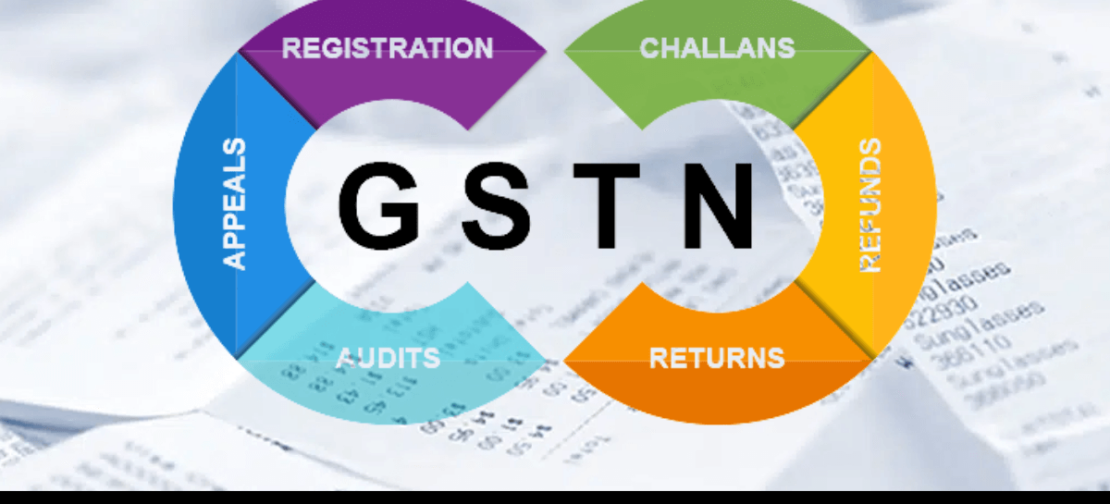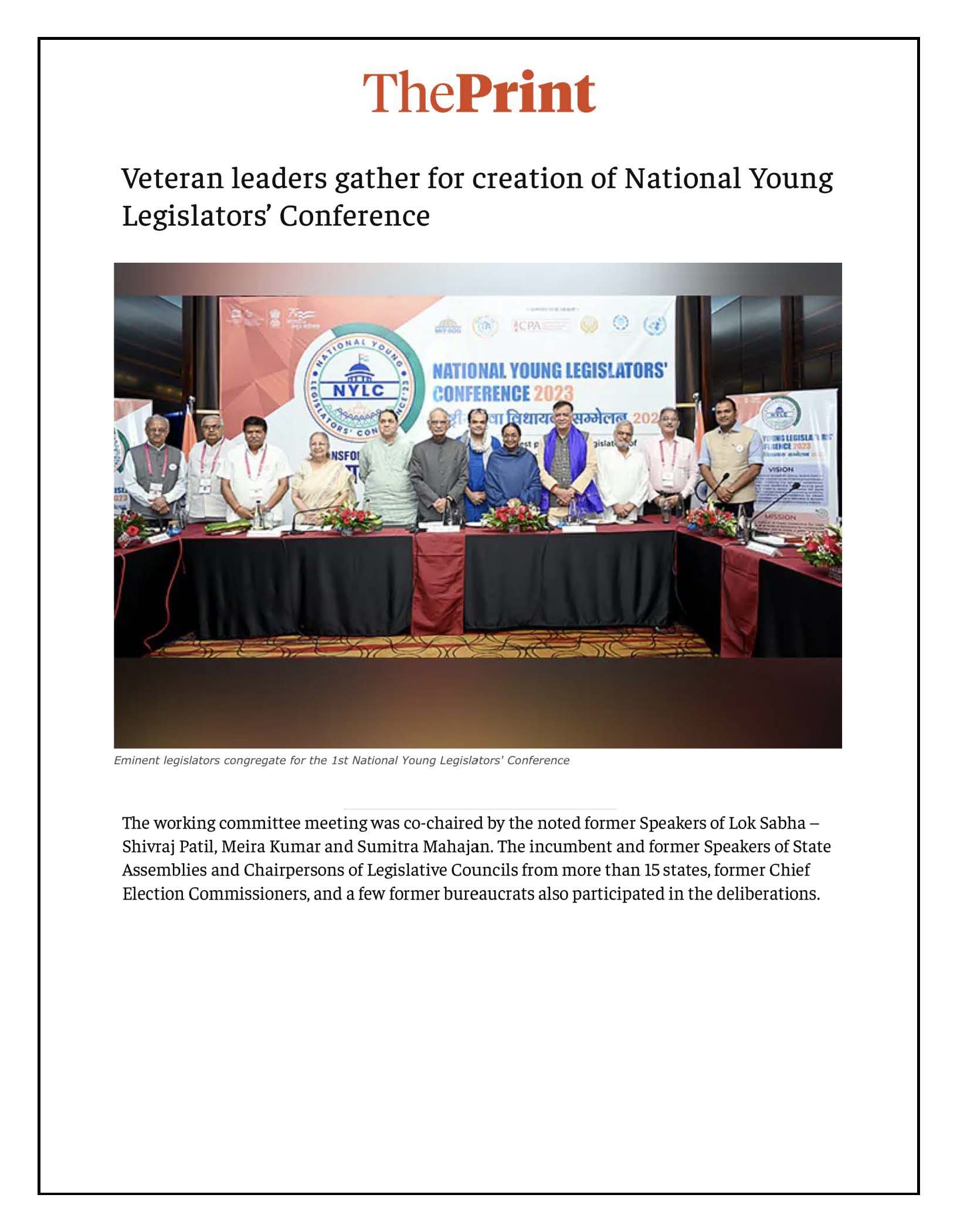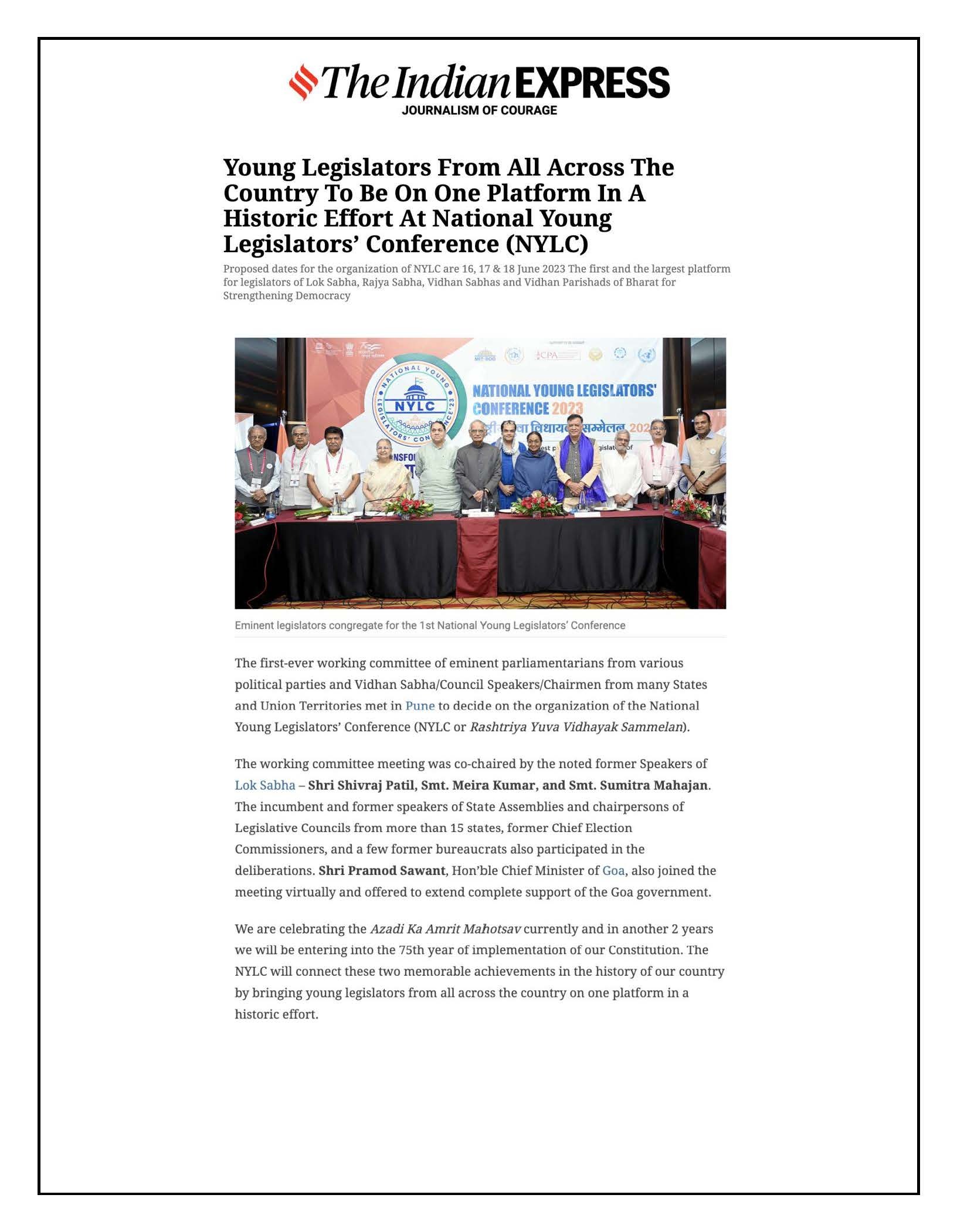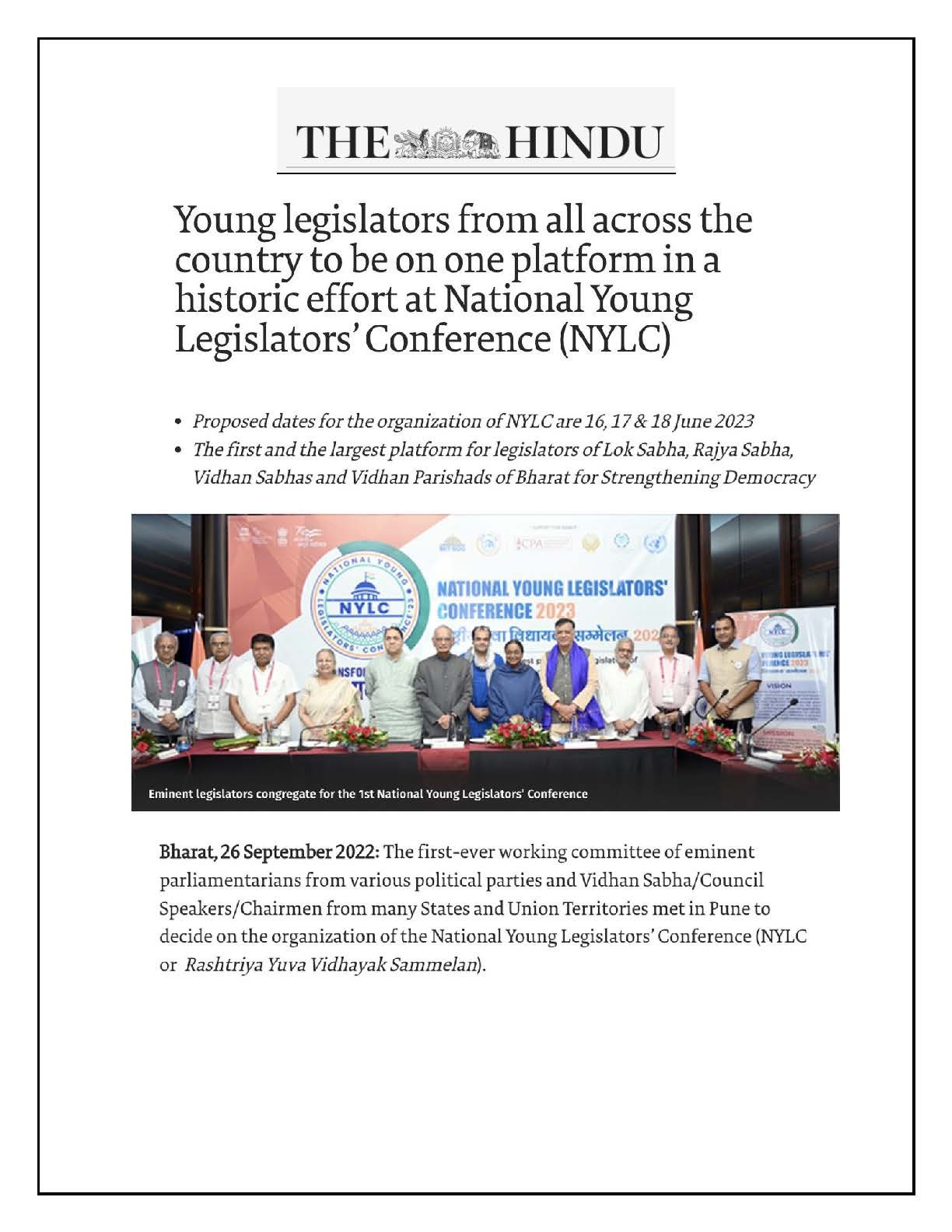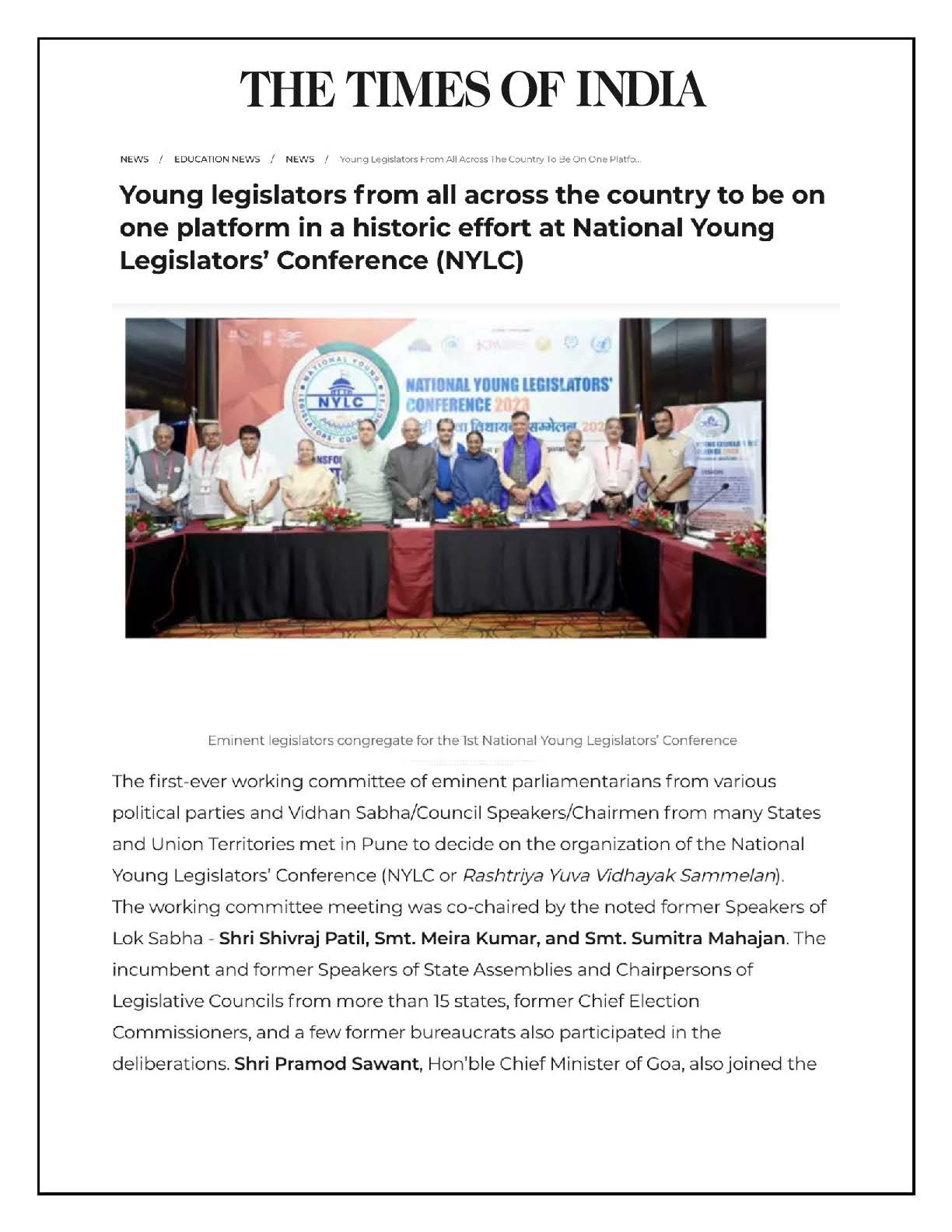The bill amends the Central Goods and Services Tax Act, 2017, which provides for the levy and collection of CGST on the intra-state supply of goods and services. The bill introduces new clauses to section 2 of the act, including definitions for “online gaming” and “online money gaming” “specified actionable claim” and “virtual digital asset”. It also introduces a new clause to section 24 of the act, which specifies that the composition scheme will not be available to a taxable person who supplies online gaming services.
The composition scheme is a tax payment scheme under the GST regime that is available to small taxpayers. It allows eligible taxpayers to pay a fixed percentage of their turnover as tax instead of the regular GST rates. The scheme is available to taxpayers whose aggregate turnover does not exceed Rs. 1.5 crore in the preceding financial year.
The benefits of the composition scheme are as follows:
a) Lower compliance burden: It reduces the compliance burden on small taxpayers by allowing them to file quarterly returns instead of monthly returns.
b) Lower tax liability: It allows eligible taxpayers to pay a lower tax rate than the regular GST rates.
c) Ease of doing business: It simplifies the tax payment process for small taxpayers, making it easier for them to do business.
The bill is about taxing certain kinds of claims and online money gaming. According to the CGST Act 2023, some claim-related transactions aren’t seen as ‘supply’ and are not taxed.
The new amendment widens the rules. It puts CGST on those who provide certain claims connected to things like betting, casinos, horse racing, lottery, gambling, and online money gaming. The bill explains the definition of online money gaming and who counts as suppliers. Also, foreign companies offering online money gaming in India must register, and there’s a 28% tax on the total bets in online gaming, casinos, and horse racing.
The current tax rate for online game winnings in India is 30% for amounts over Rs. 10,000 per transaction. From April 1, 2023, tax depends on your yearly earnings from games. The Finance Bill 2023 has introduced Sections 115BBJ and 194BA.
a) Section 115BBJ means you pay 30% tax on your net gaming income for the previous year.
b) Section 194BA is about the tax that gets deducted from your gaming account at the end of the year.
So, your total gaming income for the year will be taxed at 30%.
Members of Parliament (MPs) and Members of Legislative Assembly (MLAs) are not considered small taxpayers and are therefore not eligible for the composition scheme under the GST regime.
Members of Parliament (MPs) and Members of Legislative Assembly (MLAs) may think about whether the amendments are good for their government’s money and how it impacts businesses in the areas they represent. They can concentrate on things like tax rules, how much tax businesses have to pay, getting credit for taxes they’ve already paid and how goods come in and go out of their region.

